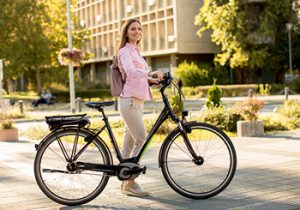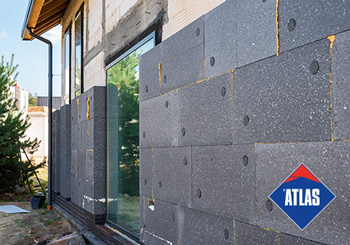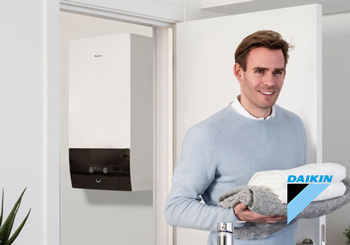The government’s response to the Energy Company Obligation (ECO4) consultation sets out the policy of the scheme from April 2022 until March 2026. The scheme, worth £4 billion, delivers energy efficiency and heating measures to homes in Great Britain:
10% of ECO3 delivery may be carried over into ECO4, subject to certain measure exclusions to support supply chain delivery, between 1 April 2022 and 30 June 2022, measures may be installed to ECO3 rules, subject to certain measure exclusions early delivery of ECO4 measures during any gap between ECO regulations will be allowed carry-under will not be implemented
The number of properties that can be upgraded with heating and insulation measures will inevitably rise in parallel to this massive influx of funding. To increase its delivery rates, the Affordable Warmth Scheme’s eligibility criteria has been expanded. Personal Independence Payment and Disability benefits have been added to the current eligibility criteria as seen below.
ECO4 Qualifying Benefits:
- Income based Jobseekers allowance (JSA)
- Income related Employment & Support Allowance (ESA)
- Income Support (IS)
- Pension Credit Guarantee Credit
- Working Tax Credit (WTC)
- Child Tax Credits (CTC)
- Universal Credit (UC)
- Housing Benefit (new eligible benefit under ECO4)
- Pension Credit Savings Credit (new eligible benefit under ECO4)
- Disability Living Allowance
- Personal Independence Payment
Social Housing properties with EPC ratings of E, F or G can qualify for ECO funding regardless of the resident’s benefits eligibility. The measures available however, are limited to insulation and first time central heating systems.
*Additional conditions are required to qualify for ECO grants. See details below.
| Department of Work and Pensions Benefits | Ministry of Defence Benefits |
|
|
Additional Conditions for Child Benefit
Government will include increased Child Benefit income caps as set out in the table below:
| Number of children* | 1 | 2 | 3 | 4 or more |
| Single claimant income* | ≤ £19,800 | ≤ £24,600 | ≤ £29,400 | ≤ £34,200 |
| Couple combined income* | ≤ £27,300 | ≤ £32,100 | ≤ £36,900 | ≤ £41,700 |
The cap will remain in place for the duration of ECO4, to provide consistency throughout the scheme. Changing caps every year would create delivery complexity and reduce customer understanding. Low income households may also be identified under the ECO4 Flex eligibility routes.
Additional Conditions for Working Tax Credit or Child Credit
To qualify for ECO grants using Tax Credits, your annual gross income from all sources before taxes must be below the following criteria:
| Number of children* | 0 | 1 | 2 | 3 | 4 |
| Single claimant income* | < £13,200 | < £17,400 | < £21,600 | < £25,800 | < £30,000 |
| Couple combined income* | < £19,800 | < £24,000 | < £28,200 | < £32,400 | < £36,600 |
*The children must be under 16 years old and living in the property. The age requirement can be increased to below 21 years of age if they are in approved education or training.
*Income is determined based on the preceding annual tax year which runs from the April to 5th April of the following year.
Additional Conditions for Universal Credit
To qualify for ECO grants using Universal Credit, your monthly gross income from all sources before taxes must be below the following criteria:
| Number of children* | 0 | 1 | 2 | 3 | 4 |
| Single claimant income* | < £1,100 | < £1,450 | < £1,800 | < £2,150 | < £2,500 |
| Couple combined income* | < £1,650 | < £2,000 | < £2,350 | < £2,700 | < £3,050 |
*The children must be under 16 years old and living in the property. The age requirement can be increased to below 21 years of age if they are in approved education or training.
These ECO4 eligibility changes will potentially add 1.8 million households to the list of grant eligible properties. Even if you aren’t a recipient of any of the above benefits, there’s still another way to claim an energy efficiency grant. Read more about it here: ECO’s Flexible Eligibility Scheme








